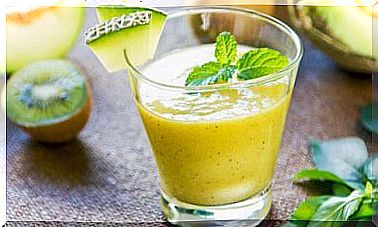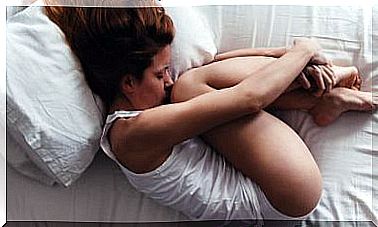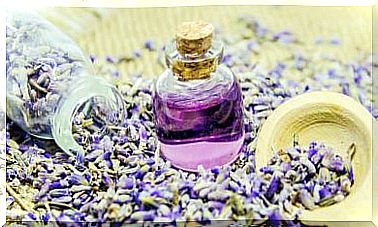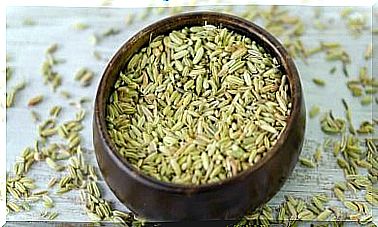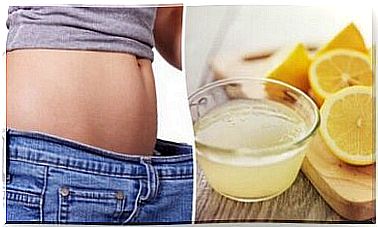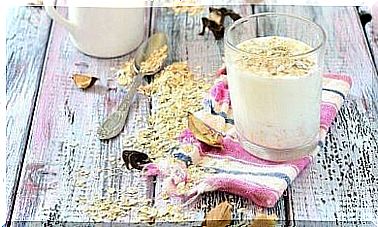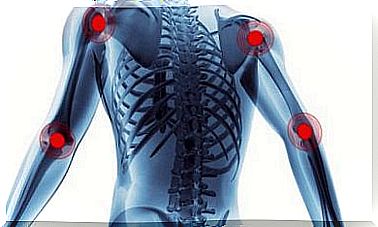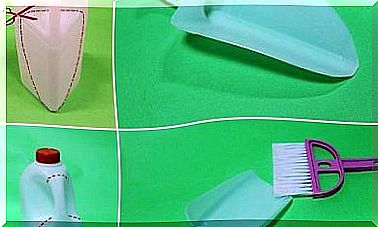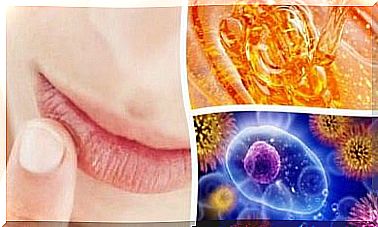Dietary Restrictions For Patients With Neutropenia
Patients with neutropenia must follow a special diet to reduce the risk of infection. Do you know what to avoid in your diet? Read the following article to find out.
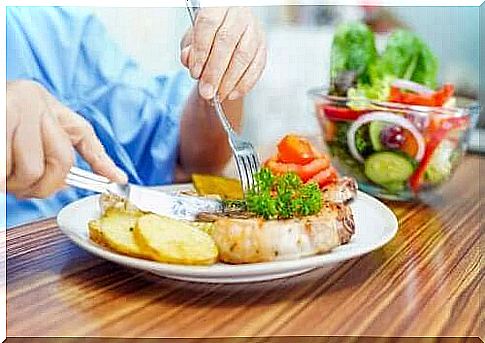
Patients with neutropenia must follow a special diet to reduce the risk of infection. A neutropenic person has low levels of white blood cells, especially those called neutrophils.
There are several causes, but this condition is particularly common in people who have cancer and are undergoing chemotherapy. Below we will talk about the recommendations to follow when considering diet in such a case.
What is neutropenia?
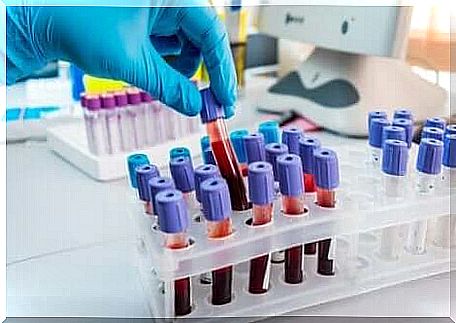
Neutropenia is a decrease in the number of neutrophils in the blood, according to a study published in Clinical Cornerstone. When severe, it increases the risk and severity of bacterial and fungal infections. The symptoms of an infection can go unnoticed, but the most severe infections develop a fever.
Doctors diagnose neutropenia by measuring the number of white blood cells with a differential formula, but evaluating it requires identifying the cause. If a fever occurs, infection is suspected and immediate empirical treatment with a broad-spectrum antibiotic is required. This is especially important if you have severe neutropenia.
What is the right diet for patients with neutropenia?
The answer to this question can be challenging because there are no uniform standards of nutrition for people with neutropenia. In addition, there are many different options. Even within a hospital there may be different specialists who advocate different nutrition plans for the same purpose.
While it is possible to find some guidelines, such as those published in the Journal of Human Nutrition and Dietetics, there is a lack of global systematization.
What is recommended for neutropenic patients?
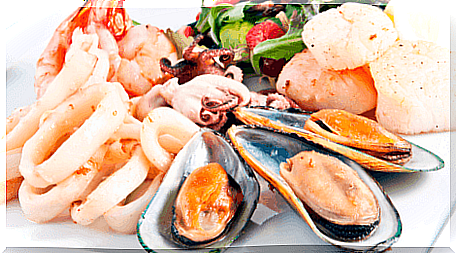
Depending on the oncologist and therapy center, you may be advised to avoid certain foods. Some of the foods to avoid include the following:
- Raw meat and seafood
- Raw nuts
- butter
- Any food that may contain raw eggs
- Soft or aged cheeses
- Unpasteurized cheese
- Unpasteurized milk
- Fruit and vegetable juices
- Bulk grain
- Pastries with a cream filling that are not frozen
- Raw honey or honeycomb
- Water from water sources or wells
- Water enriched with vitamins
- Sauces or dressings from supermarkets
What are the risks of the neutropenic diet?
Oncologists now place more value on the safe handling of food instead of banning certain foods entirely. Chemotherapy already has a huge impact on a person’s body and appetite. Another limitation can make existing nutritional deficiencies worse.
While you may hear that the neutropenic diet can be good, eating safely and restricting certain foods is as important as ever to reduce disease and possibly mortality from chemotherapy.
In recent years, the effects of the ketogenic diet on these patients have even been studied – with promising results in reducing mortality.
Important aspects to consider
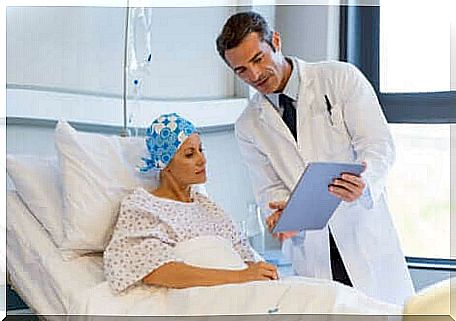
Neutropenic patients have other disadvantages when it comes to diet. Wounds and poor appetite are just a few examples.
People who undergo chemotherapy also face the following challenges on a daily basis:
- Mouth sores. It is necessary to choose foods that are less likely to cause harm when consumed. It is best to avoid citrus fruits or spicy foods.
- Loss of appetite. If you don’t feel like eating, there are a few tips that can help you get the nutrients you need anyway.
- Changes in taste. Some chemotherapy drugs can make all foods taste metallic. Selecting certain foods, such as those with strong flavors, eating with plastic utensils and making other changes can help.
- Exhaustion is one of the most uncomfortable symptoms of cancer treatment. Therefore, it is not uncommon for people to not eat as healthily as they should. (Be aware that relatives of people with cancer often feel helpless, so you can ask for help on their behalf.)
If you are concerned about food handling or what you should or shouldn’t eat during chemotherapy, speak to your oncologist. Ask him if it would be a good idea to see a nutritionist who specializes in oncology.
Last but not least…
In addition to safe eating practices, there are many ways you can reduce the risk of infection during chemotherapy – especially if your white blood cell count is low. Staying away from friends and family members who have a cough or cold is an obvious choice. But pets can also be a source of infection.
